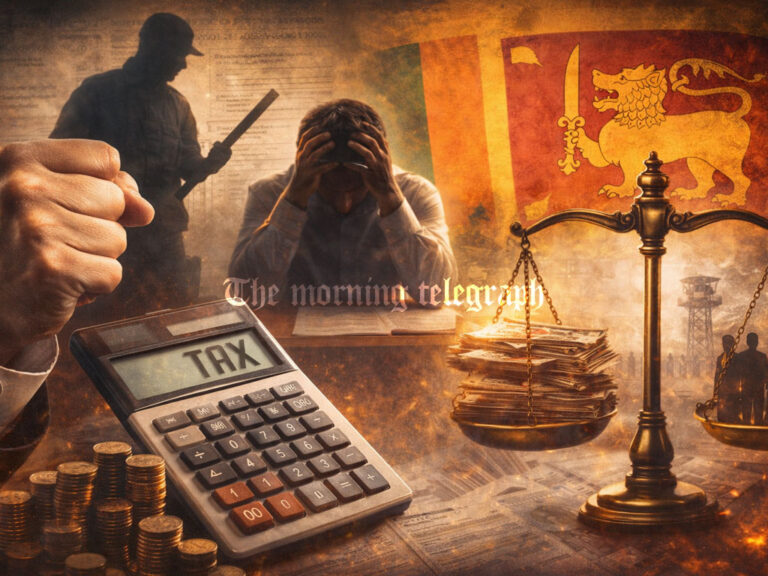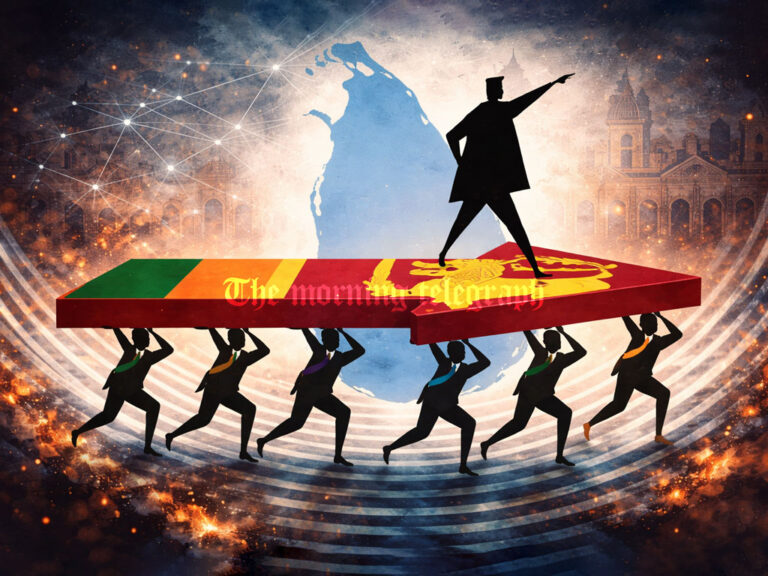
By Marlon Dale Ferreira
When the newly elected National People’s Power government swept into office on the strength of landslide victories at both Presidential and Parliamentary Elections, it did so with a promise to cleanse the nation—morally, politically, and physically. One of its earliest symbolic initiatives, ‘Clean Sri Lanka’, launched with much fanfare, aimed to instill discipline and civic pride across the island. Decorative gadgets on private buses and flamboyant trimmings on tuk-tuks were among the first to be targeted for removal.
But no sooner had the initiative begun than criticism erupted. Detractors argued that the government had placed the cart before the horse, focusing on surface-level aesthetics rather than public behavior and education. A wiser route may have been to first launch a nationwide awareness campaign grounded in personal accountability, perhaps under the banner, “Clean Sri Lanka Begins With Me.”
Instead, finger-pointing took precedence over self-reflection. The campaign, starved of empathy and education, died a natural death.
Barely six months into office, the cracks in planning became more glaring than ever. The recent exhibition of the sacred tooth relic of Lord Buddha at the Sri Dalada Maligawa in Kandy, a revered event that draws thousands of pilgrims, offered the public a spiritual high, but left behind a very earthly, very human mess.
Rather than a display of reverence, Kandy became a cautionary tale of poor urban planning, failed logistics, and alarming civic irresponsibility. Sacred streets were buried in filth. Garbage spilled onto pavements. The stench of urine and excrement blanketed the city. Toilets overflowed. Public behavior disintegrated. And so too, did public trust.
Comments from disillusioned Kandyans painted a grim picture:
“My heart sinks as a patriotic Kandyan citizen… It’s a sad state of affairs. This would never happen in places like Mecca or Medina, even with millions in attendance.”
“The crowds slept overnight extending beyond the Katu bridge. They threw garbage into the river. Go see the wash down at the Polgolla Dam. Sad.”
“Toilets are overflowing. People are defecating on plastic sheets and leaving them on the roadside. They wash themselves with donated water bottles – it’s shameful.”
The chorus of criticism didn’t end with the public. Many blamed the Diyawadana Nilame, the Kandy Urban Council, and the governor’s office for their gross negligence. Even the business community, often neutral during cultural events, expressed fury. Disruptions to transportation, stalled commerce, and overall disorder have soured public sentiment, potentially with political consequences.
“The government and governor have washed their hands of the mess. This was a PR stunt for the upcoming local government elections. And it’s backfired.”
And to compound the disaster, garbage collection in suburban areas had also been suspended, with all municipal resources redeployed to the city, resulting in a double calamity of trash and tension.
This is not merely about a failed campaign or a botched event. It is about a systemic inability to lead, a culture of reactive politics, and a nationwide neglect of civic education. A clean Sri Lanka cannot be mandated into existence, it must be taught, lived, and earned.
If the government truly wishes to fulfill its pledge of national reform, it must act boldly, wisely, and urgently. A clean-up begins not with policies, but with priorities. Not with fanfare, but with follow-through.
Until then, one truth remains clear: you cannot clean a country by sweeping trash under political carpets.





How stupid can people get.. Going to see a broken tooth… A broken tooth stinks just like the roads in Kandy